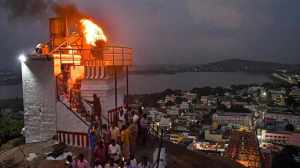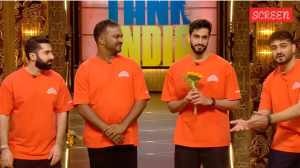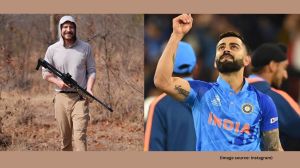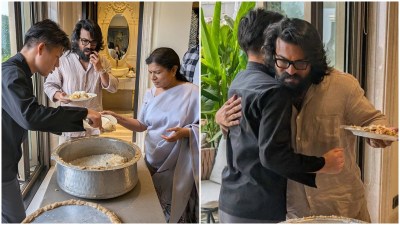Click here to join Express Pune WhatsApp channel and get a curated list of our stories
Of culinary tales, cinematic evolution, landscapes of trade: History-Lit fest to kick off in city
The event will host 40 speakers over 3 days from February 9 to 11, exploring the theme, ‘Building on the past, not bound by it’.
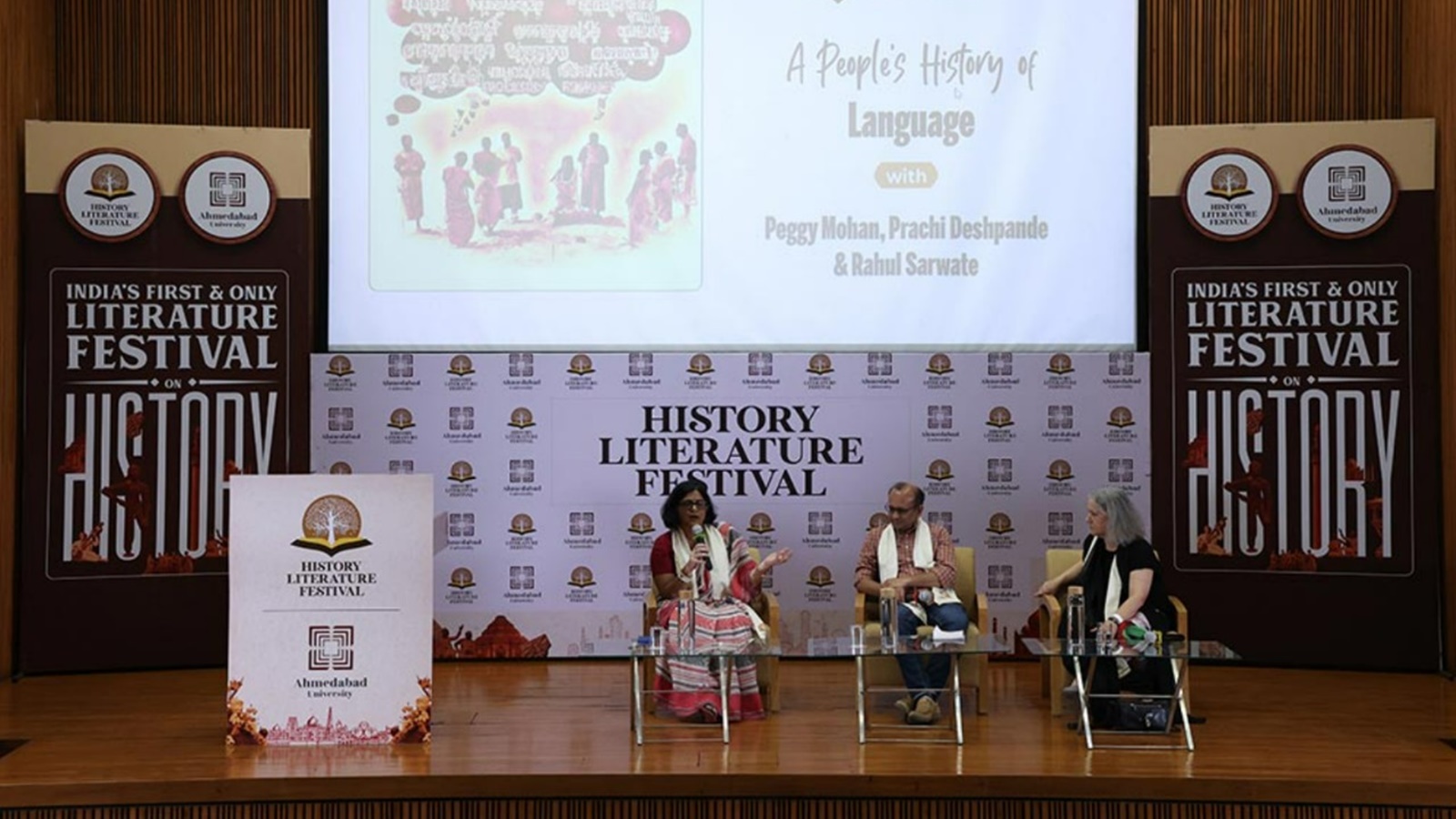 The festival is also bringing historical exhibitions from different groups. (Photo: historylitfest.com)
The festival is also bringing historical exhibitions from different groups. (Photo: historylitfest.com)Of culinary tales, cinematic evolutions, landscapes of trade and more — the history literature festival set to take off in Pune will bring discussions by historians and eminent personalities from different walks of life at Gokhale Institute of Politics and Economics. The event will host 40 speakers over 3 days from February 9 to 11, exploring the theme, ‘Building on the past, not bound by it’.
The festival will commence with a discussion titled ‘Lights, Camera, Dialogue’, centred around the trajectories of both – popular mainstream cinema and the avant-garde world of parallel cinema. Award-winning actress and filmmaker Nandita Das, renowned actor Mohan Agashe and seasoned screenwriter Anjum Rajabali will be the speakers at the session. The day will also feature a session about the histories of Hindustani ragas, their regional differences in style and female performers, by vocalist Radhika Joshi and Radha Kapuria.
This is the second edition of the festival, which was first held in Ahmedabad in 2023. Talking about the purpose behind dedicating a literature festival to history, co-founder Amit Arora said, “The idea is to create a platform where we could learn to disagree without being disagreeable. There is so much we do know for sure and so much we don’t. There are new histories that come out and aren’t really discussed. So we created this platform so we come out of our echo chambers and listen to all sides, and have an informed discussion instead of a heated debate.”
But he says it is also a learners’ quest for the people involved in organising and putting together the festival. Arora said, “We also want to listen to these people come and talk to us about what they are doing, why they are writing something, how they are writing, how they are researching what they are writing”.
But the festival is bringing a lot more than these discussions and debates. The first day will conclude with a Hindustani music concert, the second with a musical performance to remember the teachings of forgotten saints by Mandar Karanjkar and Dakshanyani Athalye.
On the last day, February 11, the festival will conclude with an open baithak. Talking about the concept of open baithak, Arora said, “The attendees, speakers, organisers will sit together in a circle without any hierarchy and discuss all that was explored in the three days. Talk about the learnings, what could have been better and what took us in a good direction”.
The festival is also bringing historical exhibitions from different groups. The Chhatrapati Shivaji Maharaj Vastu Sangrahalaya from Mumbai will set up their mobile exhibition. A Punekar will put together a collection of old musical instruments that are now not available anywhere else. The Bhandarkar Oriental Research Institute will showcase their role in the making of the history of India and a couple more are expected.
Explaining how Pune became the city of choice for this edition, Arora said, “We’ve all read history in school and most of it centred around Delhi. We are deliberately making it a travelling festival. We chose Pune for its rich history and culture. We also found a host institution like Gokhale which has Gopalkrishna Gokhale’s house, the banyan tree which was witness to the political discussions between Gokhale and Gandhi. ”
The festival will hence also explore the history of Pune, its cultural and social legacy. The speakers for the session will be author Uday Kulkarni and founder, heritage India communications, Manjiri Khandekar. It will also host a session that explores the historical significance and cultural evolution of railways, from classic literature like Kipling’s ‘Kim’ to the cinematic charm of ‘DDLJ.’
Click here to join Express Pune WhatsApp channel and get a curated list of our stories


